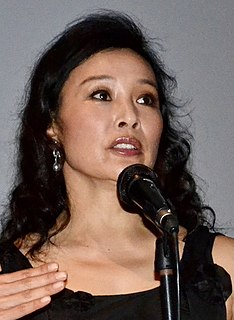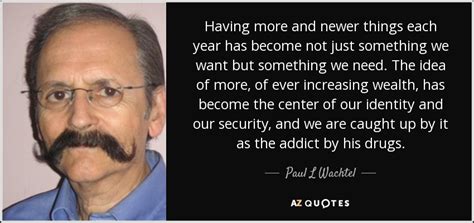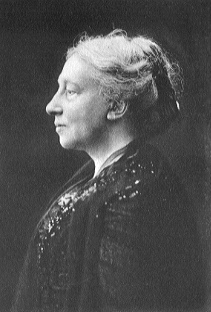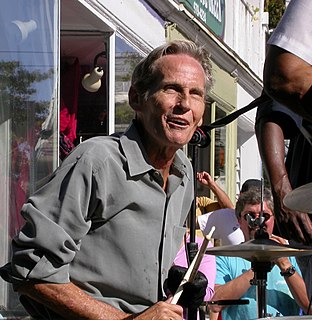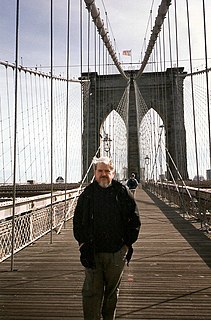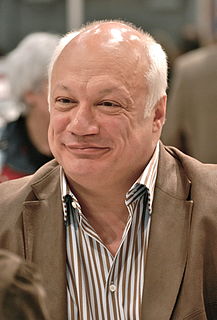A Quote by George Monbiot
After my cancer diagnosis this year, I was offered a choice of treatments. I wanted to make an informed decision. This meant reading scientific papers. Had I not used the stolen material provided by Sci-Hub, it would have cost me thousands.
Related Quotes
I went to Indiana University for college for a couple of years where I double majored in dance and journalism, and after my sophomore year there, I went to the San Francisco Ballet school for the summer, but then they offered me a scholarship to stay for the year. That's where I danced after the year they offered me a contract with the company.
Very few people would choose to have even the most fabled assortment of goods if it meant getting cancer within the year. But the choice involves not the certainty of cancer very soon but an increased probability of cancer at some time in the future. The cancers are no less real; millions will die painfully and prematurely because of what we do to our environment. But the choice is not an easily visualizable one, and our capacity of denial comes strongly into play - as it tends to whenever we must weigh future costs against immediate benefits.
I have met thousands and thousands of pro-choice men and women. I have never met anyone who is pro-abortion. Being pro-choice is not being pro-abortion. Being pro-choice is trusting the individual to make the right decision for herself and her family, and not entrusting that decision to anyone wearing the authority of government in any regard.
I think that whether I can be a Russian spy is being investigated by U.S. government since they learned about Sci-Hub, because that is very logical: a Russian project, that uses university accounts to access some information, of course that is suspicious. But in fact Sci-Hub has always been my personal enterprise.
I wanted to become a director before I wanted to become a writer. When I was 10, people would ask me what I wanted to be when I grew up, and I said, 'Walt Disney.' I wanted to make films. But I wasn't offered a camera. I was offered language. So I started telling stories in the theatre and then in my novels.




